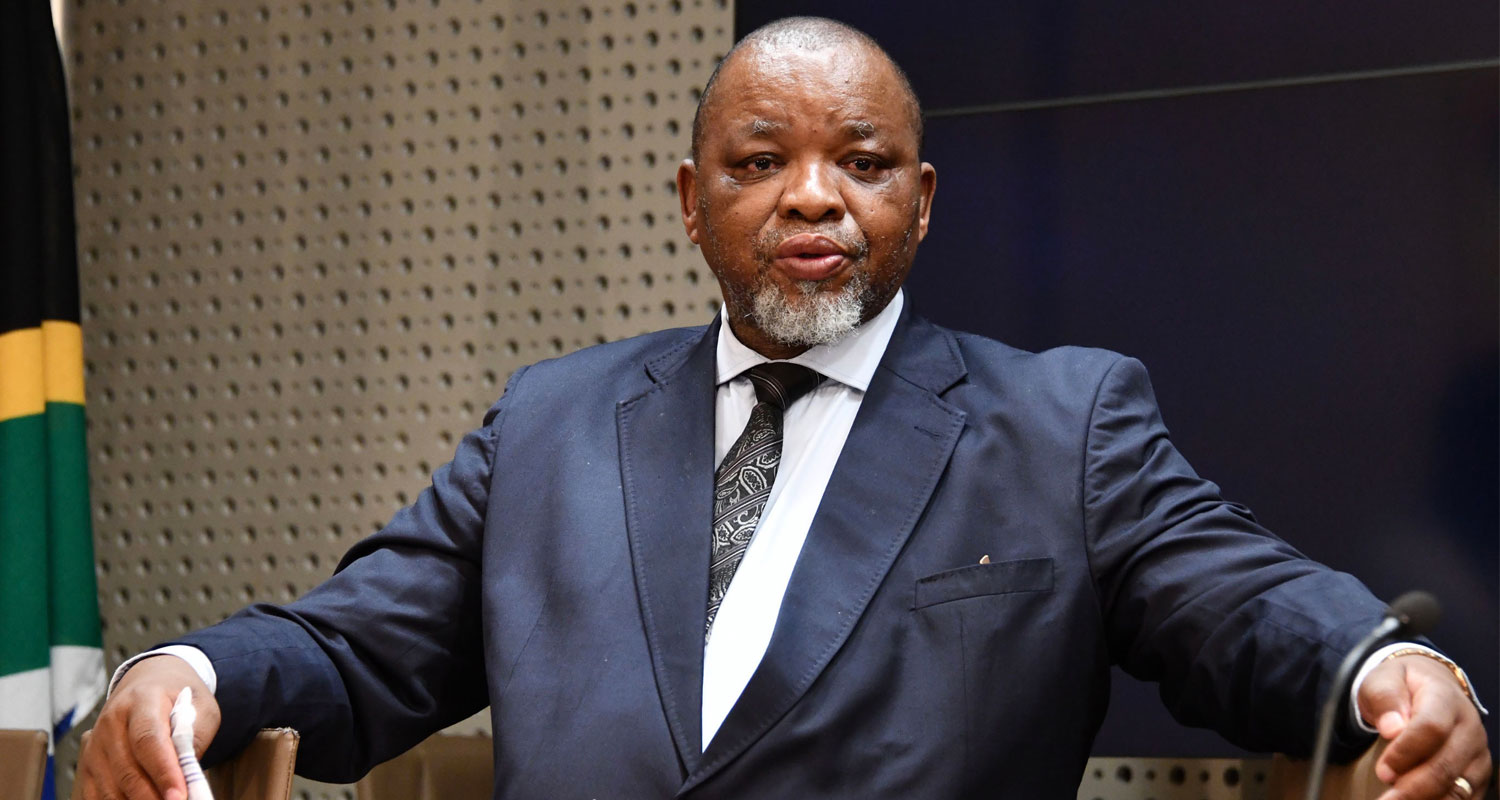
A blame game’s getting in the way of a solution to South Africa’s 14-year electricity crisis. Almost half of the generating capacity of the national utility — Eskom — went offline last week and businesses were left without power for at least six hours a day.
There have been more than 180 days of blackouts this year. That’s more than double the previous high. The shortages and power cuts have stalled economic growth and deterred investment. But the blame’s being pinned on the wrong people.
Energy minister and ANC chairman Gwede Mantashe said the cuts being imposed were an attempt by Eskom management “to overthrow the state” while bemoaning the fact that the company doesn’t fall under his direct responsibility. Public enterprises minister Pravin Gordhan, who does have oversight over it, directed management and the board to ease the outages. He didn’t propose any actions. Finance minister Enoch Godongwana said there’s no money for the diesel Eskom needs to keep the lights on.
South Africans are tired and angry and so these stalwarts of the ANC have effectively hung Eskom management out to dry. But in all the ministerial blame-shifting, there’s been no recognition of the ANC’s own culpability and their own roles in the mess.
Mantashe — who is also the powerful chairman of the ANC — has dragged his feet on getting more renewable energy onto the grid. This is needed to replace coal plants that are nearing their end of life. Indeed, he has repeatedly championed South Africa’s abundant coal resources in the face of opposition from environmental activists and a lack of enthusiasm from banks for the dirtiest of fuel. The minister has all but called for the removal of Eskom’s CEO, André de Ruyter, saying he’s unsuited to the job.
Gordhan appointed a new Eskom board in September, during the last bout of severe outages. Still, before that, he had allowed the number of directors to dwindle to eight, about half the number it should have had. Eskom’s financial debacle, courtesy of a R400-billion debt load, remains unresolved despite four years of pledges by President Cyril Ramaphosa. In February, Godongwana is expected to announce a government takeover of some debt when he presents the annual budget.
Inherently political
Eskom’s current management isn’t completely blameless. Shortly after taking over in January 2020, De Ruyter said blackouts would ease from September the next year. They’ve got progressively worse and the utility is predicting no letup for the next six to 12 months.
Still, the roots of the crisis lie deeper and are inherently political.
Around 2001, then-President Thabo Mbeki halted Eskom’s expansion plans, saying new plants would be built by private operators. They weren’t, as little interest materialised in a country where power prices were regulated and would produce limited profit. When the policy was reversed a few years later, Eskom had lost skilled technicians capable of building new facilities. The government also forced Eskom to change the way it bought coal. The utility began using smaller and less reliable suppliers instead of large multinationals in a bid to spread the wealth more evenly in South Africa’s racially polarised economy.
Then, during Jacob Zuma’s near decade in power, Eskom’s leadership was subject to political interference; and corruption tripled the cost of two coal plants under construction to at least R475-billion. Zuma’s appointees kept the lights on at all costs and ran the plants into the ground. Municipalities weren’t expected to pay their bills. Tenders to get more wind and solar energy onto the grid were halted from 2016 until 2021 while Zuma pushed a plan to get Russia to build a nuclear plant. That facility never materialised.
 Today South Africa’s weak grid will further slow attempts to boost supply from renewable sources. Despite the government’s mantra of using gas as a transition fuel, there are no liquefied natural gas terminals and limited pipeline infrastructure from Mozambique. Ramaphosa has removed impediments to companies building their own power plants but that’s a long-term fix.
Today South Africa’s weak grid will further slow attempts to boost supply from renewable sources. Despite the government’s mantra of using gas as a transition fuel, there are no liquefied natural gas terminals and limited pipeline infrastructure from Mozambique. Ramaphosa has removed impediments to companies building their own power plants but that’s a long-term fix.
There are no significant short term solutions but there are ways Ramaphosa could ease the crisis.
He could speed up the approval process for privately built plants. He could also free up the growing rooftop solar industry to sell substantial amounts of excess power to the grid. Plans for tenders for additional electricity supply could be accelerated and expanded; gas-fired power ships, bogged down in two years of legal cases and bureaucracy, may need to be considered. Money needs to be found for diesel.
Most importantly, he could get his cabinet to speak with one voice. That’s difficult right now because he needs to keep political heavyweights like Mantashe onside to avoid impeachment proceedings. A parliament-appointed panel has said Ramaphosa may have breached the constitution in the way he dealt with the theft of foreign currency from his farm.
Read: Why Eskom’s power stations are always breaking down
Without unanimity, investors will remain confused over South Africa’s priorities. Does the country back renewable energy or doesn’t it? And how serious is it about resolving its power issues?
It’s clear that the blame for the crisis lies with the party that’s run South Africa for almost three decades. It’s up to Ramaphosa to show he’s taking action to resolve it. If not, when national elections are held in 2024, the lack of electrical power will lead to the loss of political power for him and the ANC. — (c) 2022 Bloomberg LP

